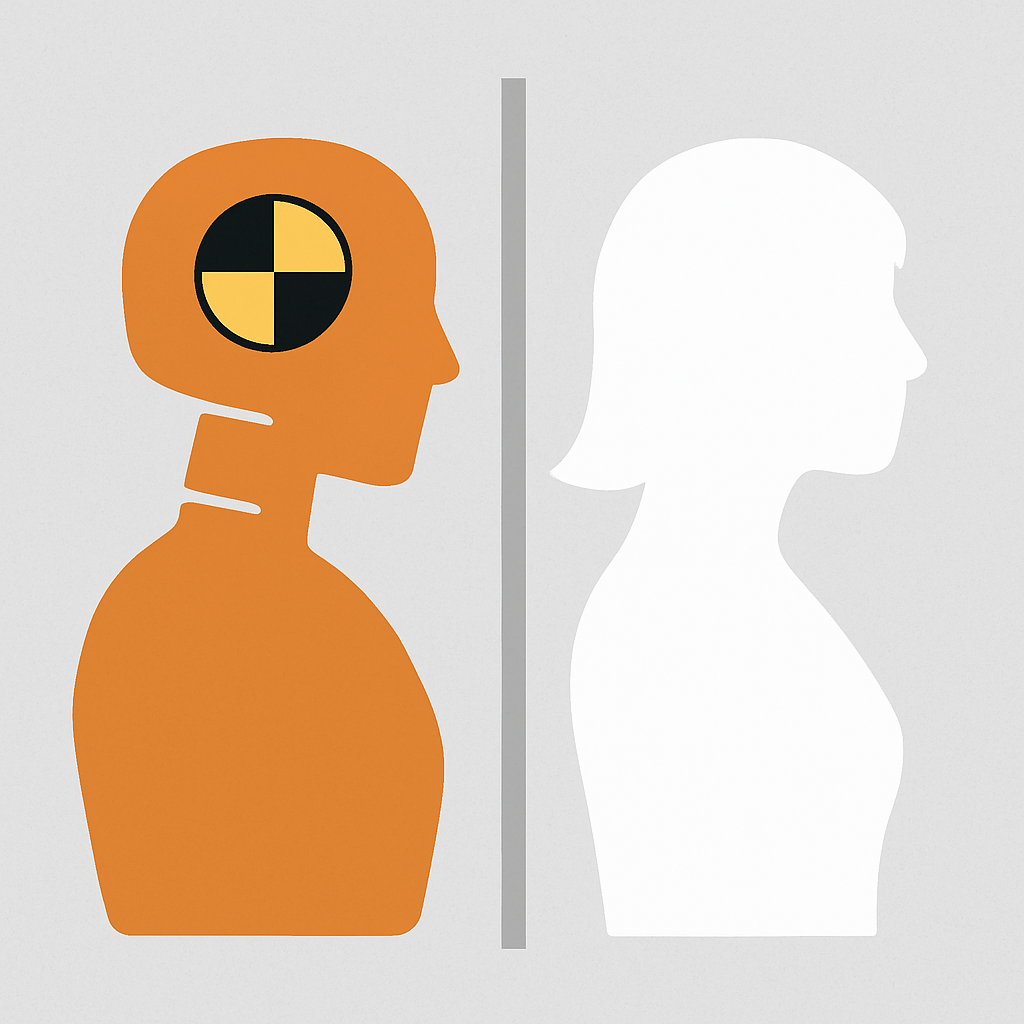WARNING: SOCIAL MEDIA IS ASSOCIATED WITH SIGNIFICANT MENTAL HEALTH HARMS FOR ADOLESCENTS
In an unprecedented, but, according to many social scientists and parents, a long overdue action, Surgeon General Vivek Murthy, in a June editorial in the New York Times, called for a warning label to be placed on all social media platforms. In the words of the Surgeon General:

"The mental health crisis among young people is an emergency — and social media has emerged as an important contributor. Adolescents who spend more than three hours a day on social media face double the risk of anxiety and depression symptoms, and the average daily use in this age group, as of the summer of 2023, was 4.8 hours. Additionally, nearly half of adolescents say social media makes them feel worse about their bodies."
If Congress passed a bill requiring warnings on social media platforms, they would probably draw attention to the adverse effects of extended social media exposure on the mental health, especially of adolescents whose use of social media is legendary. These warnings would remind parents and adolescents that "social media has not been proven safe." The Surgeon General believes that Congressionally approved legislation "should shield young people from online harassment, abuse and exploitation and from exposure to extreme violence and sexual content that too often appears in algorithm-driven feeds. The measures should prevent platforms from collecting sensitive data from children and should restrict the use of features like push notifications, autoplay and infinite scroll, which prey on developing brains and contribute to excessive use."
Let's look at what exactly these features are and why they should be restricted.
1. Push Notifications are a powerful mobile-first communication channel that's used by every successful app today. These small, pop-up messages are sent to users devices by a mobile app and can be viewed from the device lock screen when an app isn't currently in use. Unlike other communication channels like email, push notifications are designed to be viewed in real-time and often trigger immediate engagement. When you have notifications constantly bombarding you, it can feel like you have to respond to everything right now. With them off, it’s amazing what falls away. If someone needs to reach me, they know they can call, text, or email. Not everything requires an instant response, and as it turns out, not much is truly important and urgent.
The bottom line is this: Turning off social media notifications lets your phone work as a tool for you rather than letting it control you.
2. Autoplay feature on social media automatically plays videos without a user needing to click or tap to play them. Autoplay on social media can cause a number of problems, including:
- Annoying: Autoplay can be annoying, especially if the video has audio that starts playing without warning.
- Battery drain: On mobile, autoplay can drain your battery.
- Data usage: Autoplay can eat into your data, especially on mobile.
- Disturbing content: Some videos have disturbing content that you might not want to see without a warning.
- Disruptive: Autoplay can disrupt the natural flow of conversations by diverting attention to videos that might not align with ongoing discussions.
- Accessibility issues: Autoplay can be frustrating and even distressing for users with cognitive impairments, photosensitive epilepsy, or who are blind or visually impaired.
- Addictive behavior: Autoplay and infinite scrolling may promote addictive online behaviors.

3. Infinite Scrolling is a design feature on social media platforms that allows users to scroll through content without stopping. It's also known as endless scrolling, lazy loading, or continuous scrolling. Some of the problems with infinite scrolling include the following:
Addiction. The infinite scroll can be addictive because it activates the brain's reward center by releasing dopamine when users receive unexpected rewards, such as likes and comments.
Mental Health. The American Psychological Association says that infinite scrolling can be especially risky for young people because their developing brains are more sensitive to distractions and less able to disengage from addictive experiences.
Cybersickness. The visual and vestibular mismatch caused by infinite scrolling can make users feel like they're in danger, which can lead to cybersickness.
Time Management. The infinite scroll can make it easy to spend more time on social media than intended, which can lead to issues like being late for work or neglecting other aspects of life.
In support of the Surgeon General's call for warnings on social media platforms, New York Attorney General, Letitia James is co-leading a bipartisan coalition of 42 attorneys general throughout the United States also calling on Congress to act now. James has stated:
“Young people across our country are struggling, and these addictive social media algorithms are only making this mental health crisis worse. New York has led the nation in our efforts to protect kids from online harm, but everyone needs to know the risk associated with these social media platforms. The Surgeon General’s recommendation is a strong first step in that direction, and I hope warning labels will be implemented swiftly to raise more awareness about this issue.”
As long as the social media platforms are unwilling to fix the problem that they and their carefully crafted algorithms have created, as the Warnings Doctor, I believe Congress must consider further measures to protect children from the potential harms of social media, including adding a strong warning to all of their platforms.














